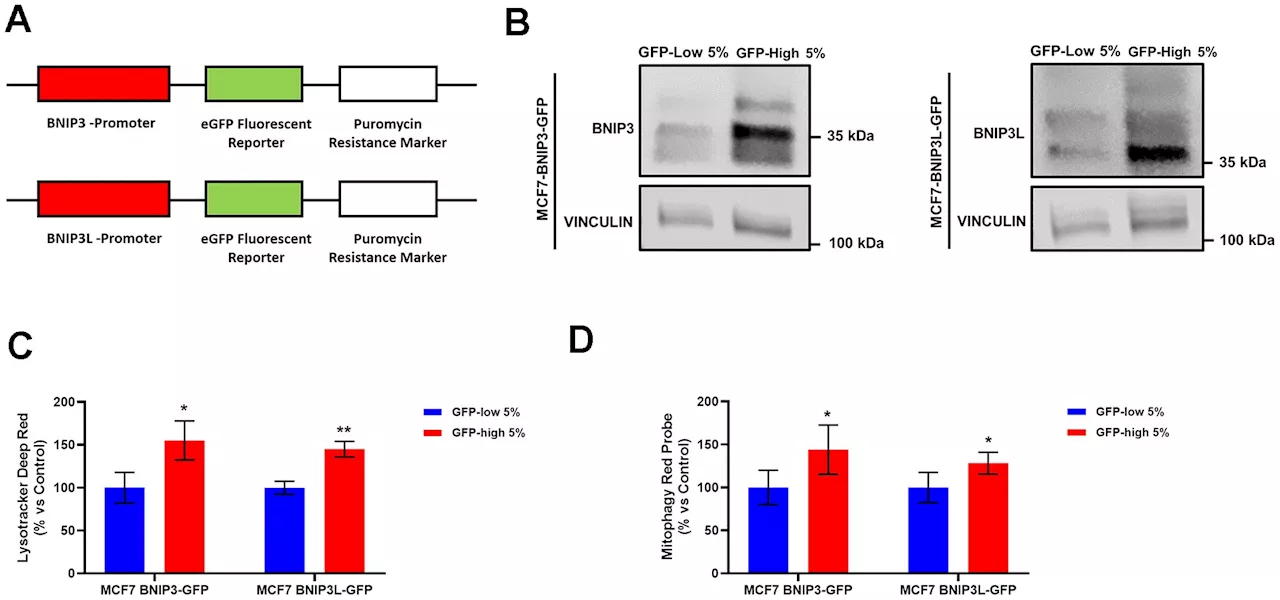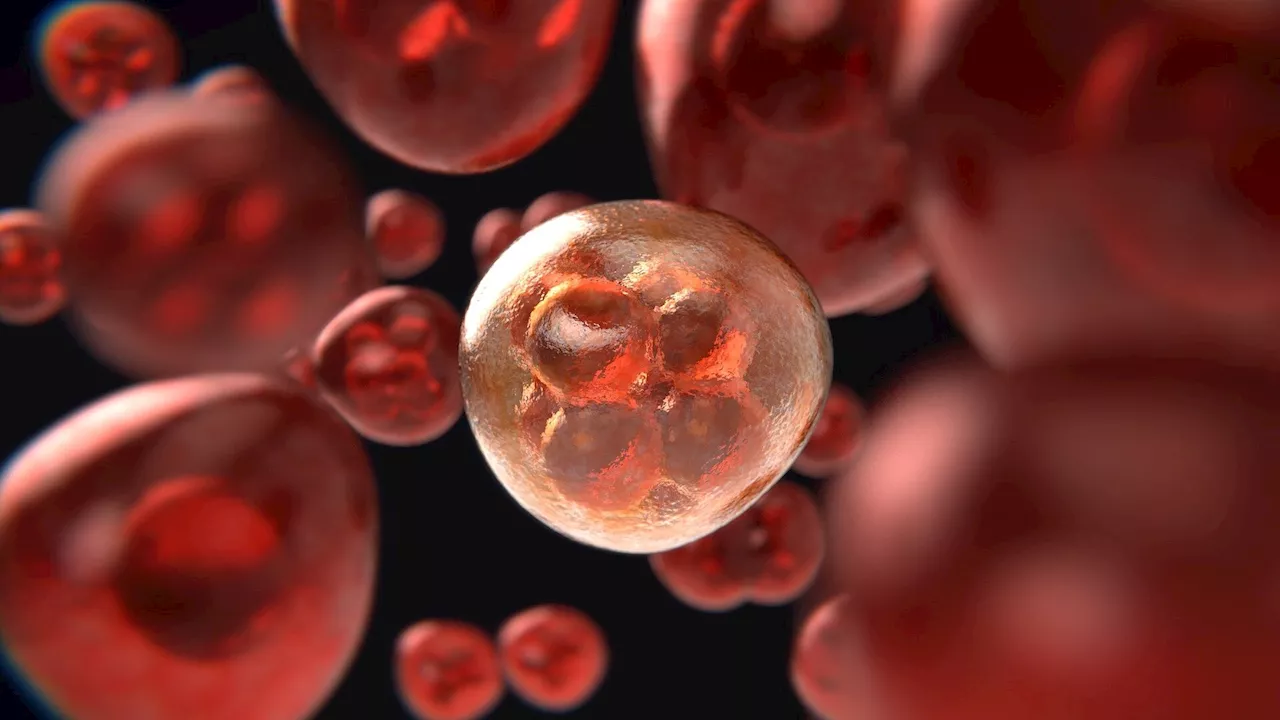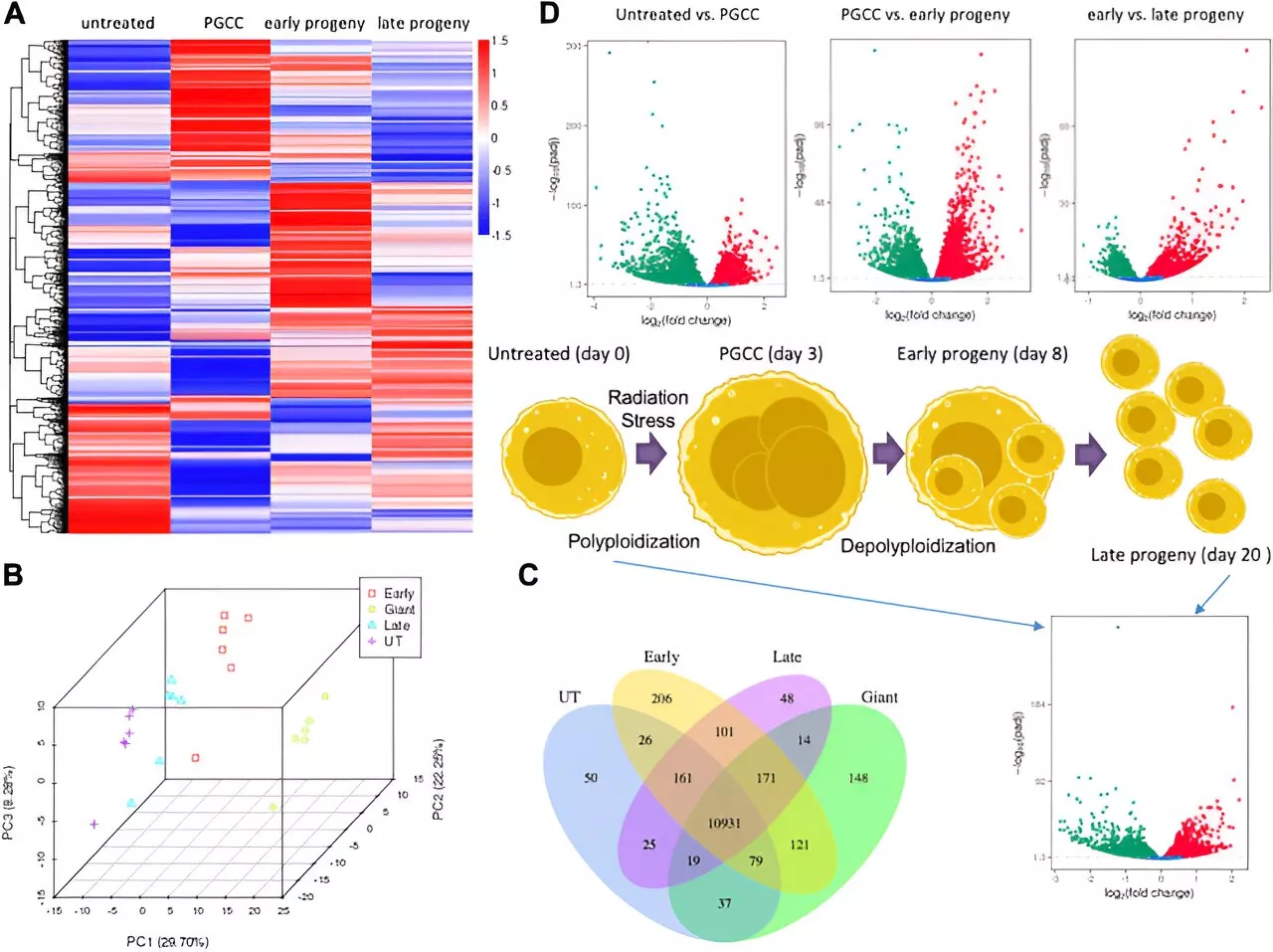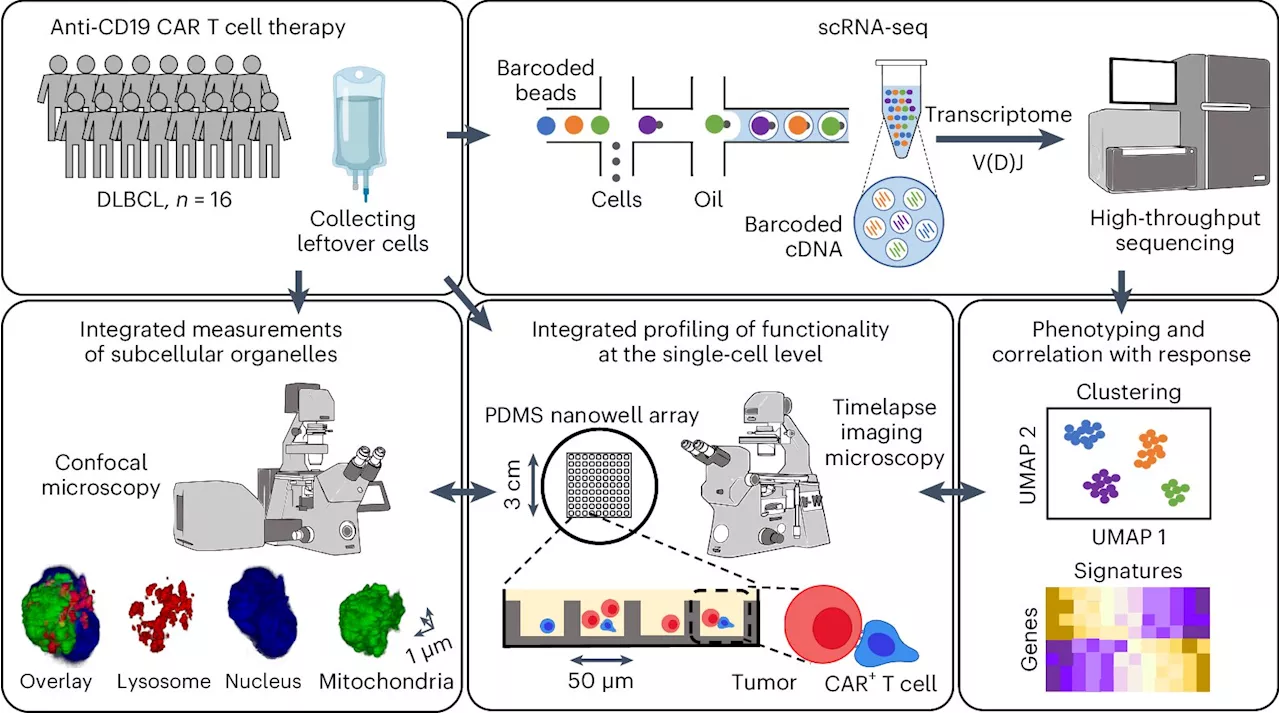A study led by clinician-scientists and scientists from the National Cancer Centre Singapore (NCCS) and A*STAR's Genome Institute of Singapore (GIS) and funded by the National Research Foundation Singapore (NRF) has discovered unexpected molecular heterogeneity even within the same liver tumors.
SingHealth GroupJun 25 2024 A study led by clinician-scientists and scientists from the National Cancer Centre Singapore and A*STAR's Genome Institute of Singapore and funded by the National Research Foundation Singapore has discovered unexpected molecular heterogeneity even within the same liver tumors. More than 40% of HCC harbors more than one molecular subtype within the same tumor and in these, the clinical outcomes for the patients are best predicted by the most aggressive subtype.
To address this unmet clinical need and improve the treatment of HCC, the PLANet study , analyzed over 600 tumor and adjacent normal samples that were surgically resected from 123 HCC patients from Singapore, Malaysia, Thailand and the Philippines. Samples were analysed using multi-regional sampling approach that enables deep profiling of genomic and cellular heterogeneity within each tumor to evaluate their impact on disease progression.
The second key finding was that more than 40% of HCC samples analyzed harbored more than one transcriptomic subtype. Of these, the subtype with the worse prognosis determined each individual patient's clinical trajectory and outcome. This is the first time this "bad apple effect" has ever been shown in HCC. The team also found that early and late tumor evolution characteristics were important in predicting patients' survival.
Liver Liver Cancer Cell Genome Genomic Hepatology Research
United Kingdom Latest News, United Kingdom Headlines
Similar News:You can also read news stories similar to this one that we have collected from other news sources.
 Mitophagy and cancer: Researchers describe a new model system to enrich sub-populations of cancer cellsA new research paper was published on the cover of Aging, titled, 'Mitophagy and cancer: role of BNIP3/BNIP3L as energetic drivers of stemness features, ATP production, proliferation, and cell migration.'
Mitophagy and cancer: Researchers describe a new model system to enrich sub-populations of cancer cellsA new research paper was published on the cover of Aging, titled, 'Mitophagy and cancer: role of BNIP3/BNIP3L as energetic drivers of stemness features, ATP production, proliferation, and cell migration.'
Read more »
 Engineering cancer's end: Scientists say bioengineering will change our ability to research and treat cancerBioengineering is revolutionizing cancer research, and Moffitt Cancer Center is at the forefront of this transformative movement. Moffitt is the first National Cancer Institute-designated comprehensive cancer center with a dedicated bioengineering department.
Engineering cancer's end: Scientists say bioengineering will change our ability to research and treat cancerBioengineering is revolutionizing cancer research, and Moffitt Cancer Center is at the forefront of this transformative movement. Moffitt is the first National Cancer Institute-designated comprehensive cancer center with a dedicated bioengineering department.
Read more »
 Three week warning to people with four 'red flag' symptomsBowel cancer is the fourth most common type of cancer in the UK
Three week warning to people with four 'red flag' symptomsBowel cancer is the fourth most common type of cancer in the UK
Read more »
 Targeting 'monster cancer cells' could reduce recurrence rates after cancer therapyMUSC Hollings Cancer Center researchers have unlocked a discovery that could help to explain why cancer can recur in patients who have undergone chemotherapy or radiotherapy.
Targeting 'monster cancer cells' could reduce recurrence rates after cancer therapyMUSC Hollings Cancer Center researchers have unlocked a discovery that could help to explain why cancer can recur in patients who have undergone chemotherapy or radiotherapy.
Read more »
 Cancer researchers discover optimal cancer-killing T cellsA team of cancer researchers, led by the University of Houston, has discovered a new subset of T cells that may improve the outcome for patients treated with T-cell therapies.
Cancer researchers discover optimal cancer-killing T cellsA team of cancer researchers, led by the University of Houston, has discovered a new subset of T cells that may improve the outcome for patients treated with T-cell therapies.
Read more »
 People told to know early signs as type of cancer reaches all-time highSkin cancer cases have soared over the past decade, said Cancer Research UK
People told to know early signs as type of cancer reaches all-time highSkin cancer cases have soared over the past decade, said Cancer Research UK
Read more »
